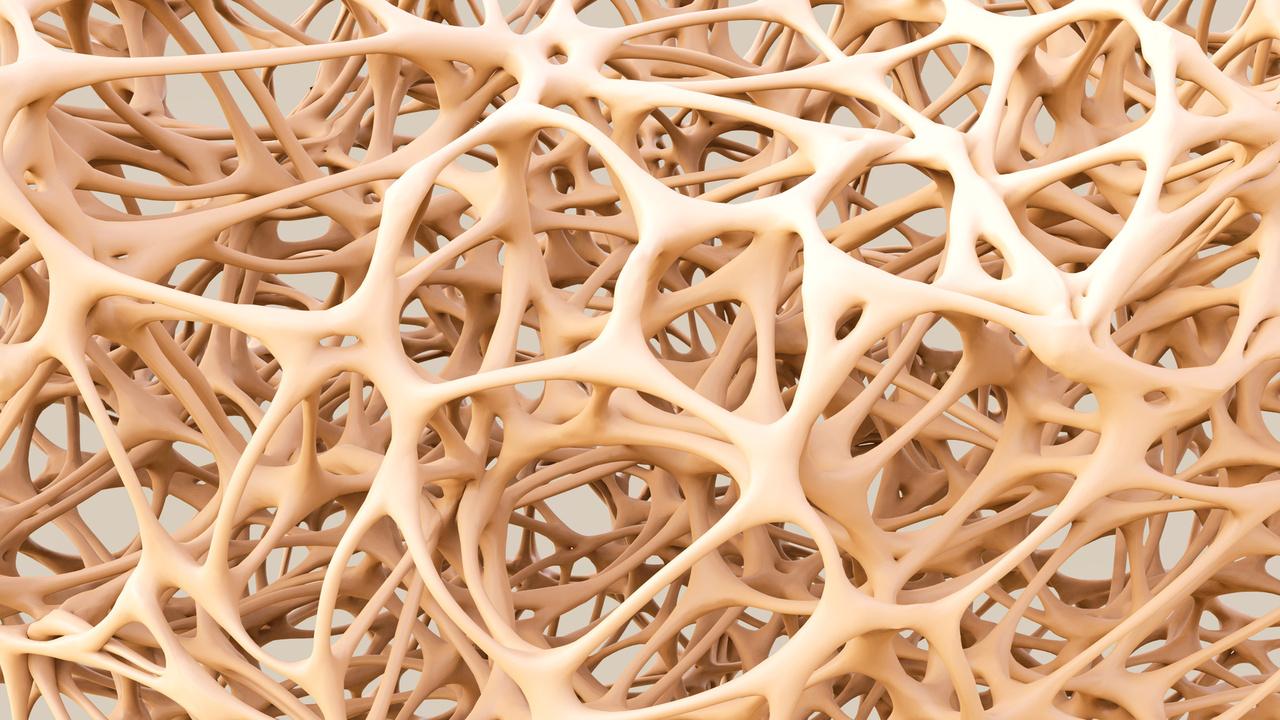A new study highlights the first recorded instance of a drug, designed for patients with osteoporosis, cutting rates of death and halting the development of new breaks in elderly people with broken hips. Certain industry experts have responded by labelling the death-decrease factor “striking”, but also suggest other drugs might act in a similar way.
The study focused on the osteoporosis drug Reclast. Administered on an annual basis to a percentage of the patients taking part – this group was found to have a 28 per cent reduced death rate and 35 per cent less chance of new fractures than the other patients participating – who were given an alternative treatment.
According to the head author behind the study – Duke University Medical Center’s Dr Kenneth Lyles – the extent to which Reclast reduced rates of fatality among its patients makes it superior to all other osteoporosis drugs assessed over the past 15 years, or more.
The study itself appeared on the 17th September on the New England of Journal of Medicine’s website, preceding its publication in a future copy of the printed work. Funding for the Reclast study was provided by its manufacturer, Novartis. Initially known as Zometa, it received approval from the US Food and Drug Administration five years ago for use in patients with cancer. Last month, this was extended to use in cases of post-menopausal osteoporosis – for which purpose the drug was renamed Reclast.
In excess of 300,000 hip fractures happen each year in the US alone. Frequently, they precede a plunge into further illness - ultimately resulting in death which, in about 20 per cent of breakage cases, occurs within 12 months. In a lot of instances, doctors recommend the use of bisphosphonates including the drug ‘Fosomax’. However, their advice goes unheeded by many patients, due to the side effects generated – including heartburn. Another factor is that of inconvenience, as bisphosphonates – which act to prevent bone deterioration in osteoporosis patients – need to be taken on an empty stomach. Following this, the patients are required to give it 30 minutes before eating – a hassle rendering this class of drugs unworkable to many.
In this latest study, approximately 2,00 patients, representing 23 countries, took part. The common link was that none of them had been prescribed bisphosphonates. Additionally – all were aged around 74, the majority were women, and each one of them had had a previous hip fracture.
1,000 of them were given Reclast, while the remainder had a placebo.
Two years after the study began, 139 of those given a placebo had developed new fractures, compared to 92 of those taking Reclast. In percentage terms – 14 versus nine.
In terms of deaths, 141 (13 per cent) from the group taking placebos – 101 (10 per cent) among Reclast users. The actual cause of death remains a mystery in many of these patients and, as per Professor Lyles: "There's no question that we had a death benefit...We can't tell you why”.
He added that a certain percentage of those taking part were taking additional therapies, but, as these were among both the placebo and Reclast groups, this couldn’t be regarded as affecting the death count either way.
It seems unlikely that a similar study into Reclast will take place, on two counts. Firstly, as the drug’s worth has, according to scientists, now been explicitly shown and, second, given that to deprive patients of it seems immoral.
As detailed in an editorial that accompanied the New England Journal’s online piece: "The reduction in fracture incidence and death was striking and clearly establishes the need for pharmacologic interventions in patients who fracture a hip."
Pharmaceutical International will cover future issues relating to this highly important drug.
Source – Pharmaceutical International’s Research and Development Analyst




